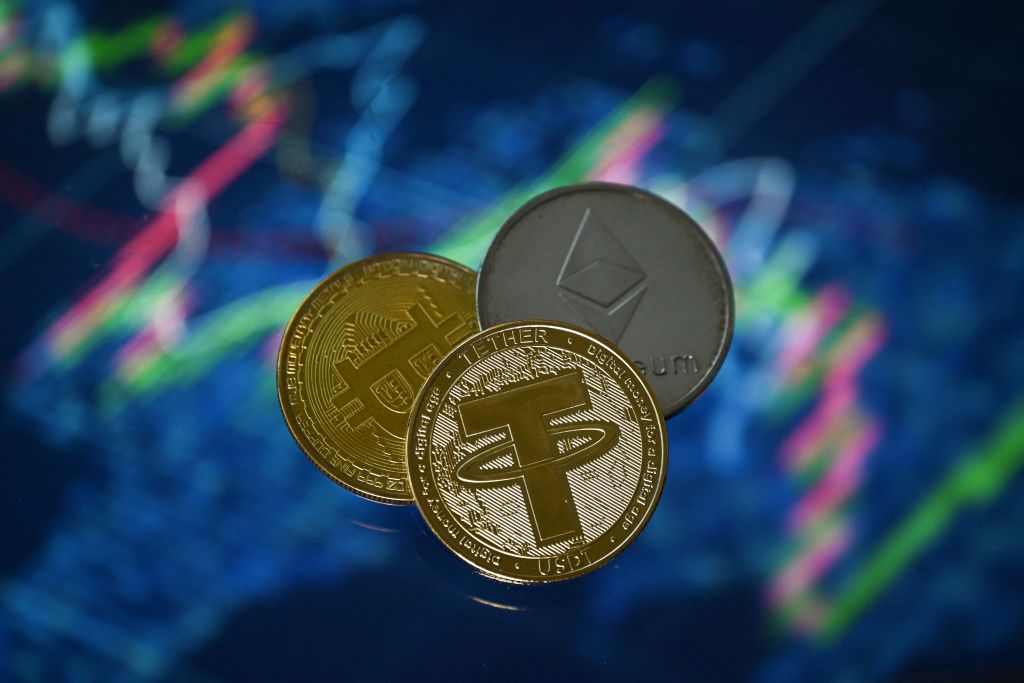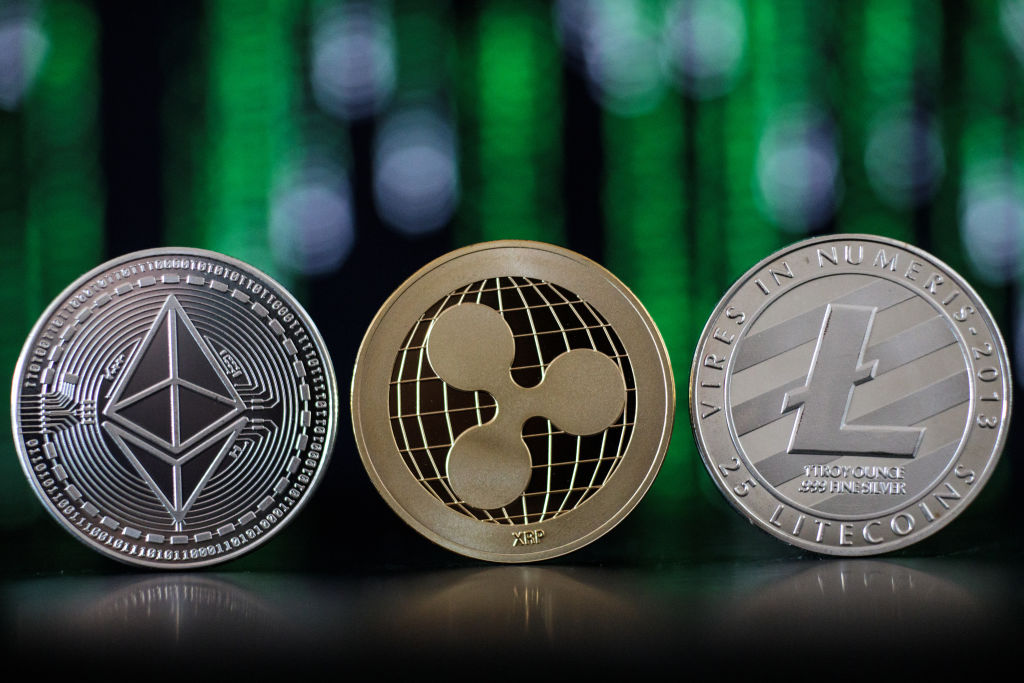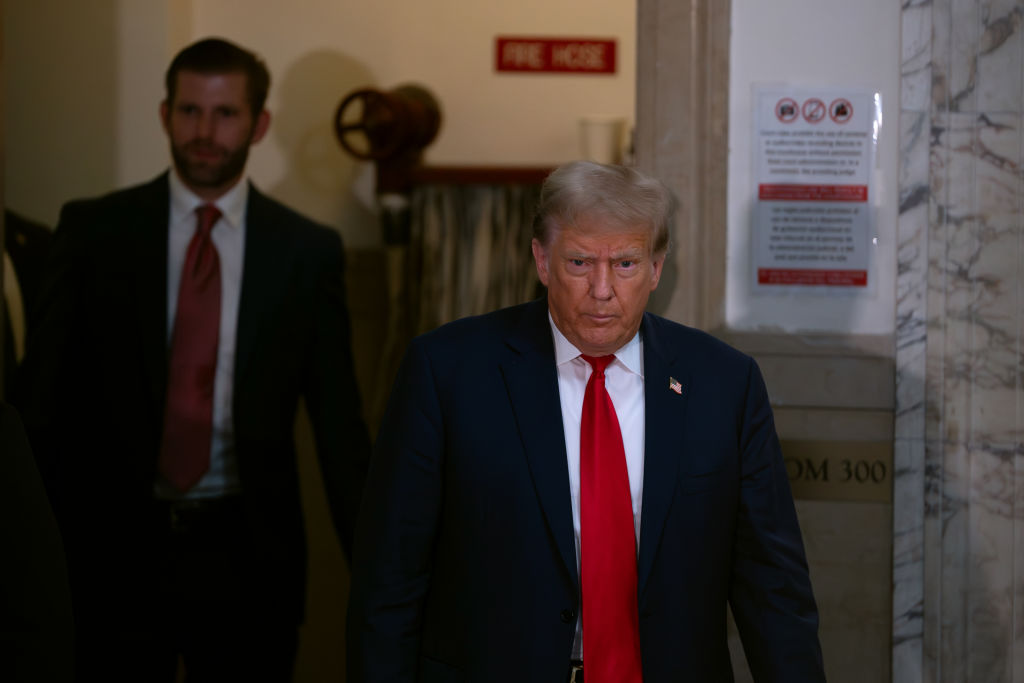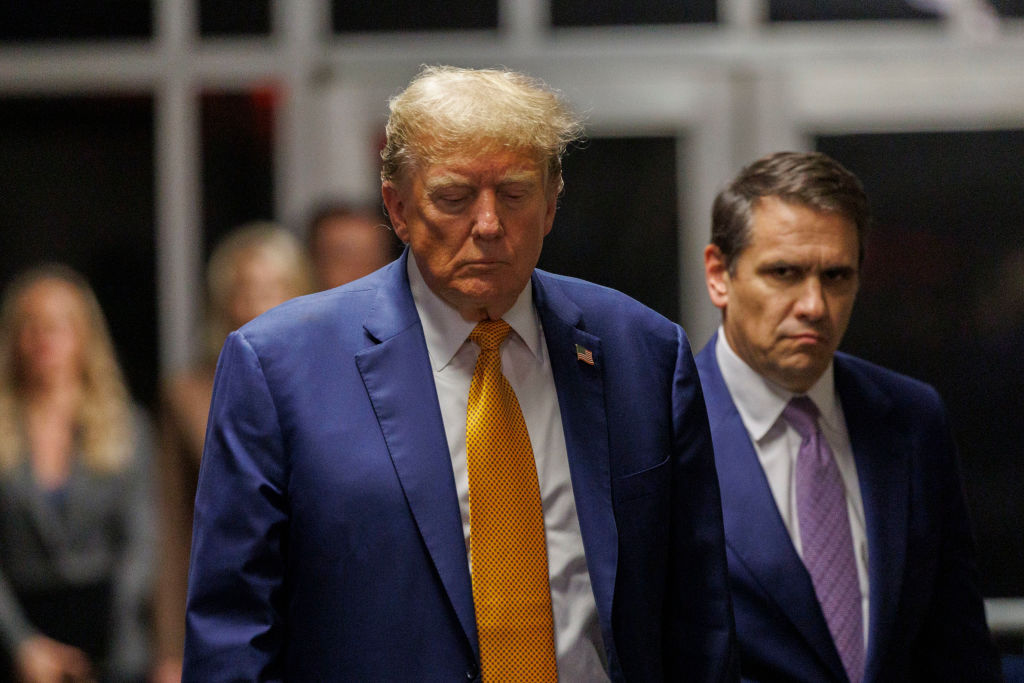Is China's Central Bank Gold-Buying Spree a Precursor for War? Part II of II

The idea of a nation acquiring large gold reserves in preparation for military endeavors is not without historical precedent. Prior to World War I, European powers increased their gold reserves in the years before the outbreak of war in 1914. A century later, Russia's central bank doubled its gold holdings in the five years preceding the Crimea annexation in 2014. Between that time and its full-scale invasion of Ukraine in 2022, Russia then tripled its gold holdings partially through its exporting of illicit gold in Africa and laundering it through Dubai, London, and Swiss refineries.
This same strategic stockpiling of gold could be inferred from China and its pre-war positioning for a Taiwan incursion. Western sanctions would almost immediately follow any invasion freezing Chinese assets in the United States, the United Kingdom, and Europe - and Chinese banking institutions would be prohibited from transacting in the yuan or renminbi in those regions. As is occurring in Russia today, Chinese banks would also be limited in their ability to transact using dollars and euros; and access to foreign currency accounts in the U.S., U.K., and Europe would be likewise frozen.
U.S. Dollar Hegemony
It is important to distinguish China's strategic gold stockpiling, however, from its long-running effort to degrade global U.S. dollar dominance. While both are a part of the general plan to diversify China's national reserves, the two plans are different. The effort to reduce its reliance on U.S. dollar transactions for international trade is a long-term strategy and is reliant upon the yuan being viewed as a viable global alternative to the dollar. Conversely, the rapid buildup of gold as a defensive economic safeguard is a shorter-term tactical response to mitigate any sanctions resulting from an invasion of Taiwan.
Once those sanctions are lifted, after some peaceful resolution or by way of some international agreement, China might expect to return to transacting as it did on the international market before its illegal invasion. It could then refocus its long-term aim of surpassing the U.S. dollar with the yuan as the world's most transacted and foreign-held currency. In the short term though, while the U.S. and its European allies are economically and politically entangled in the defense of Ukraine, China is watching, learning, and adjusting its plans to strike.
Sanctions Mitigation

As Russia's annexation of Crimea in 2013 and its ongoing war in Ukraine have shown, large reserves of gold can isolate an aggressor state's economy from even the most restrictive sanctions allowing it to perpetuate its war aims. Despite there being some 16,000 sanctions targeting Russian trade and economic interests, the country's war effort shows little sign of slowing. Likewise, Russia's economy is expected "to grow faster than all G7 economies this year," according to the IMF, with military expenditures historically supporting economic growth during wartime.
If China were to invade Taiwan, despite the inevitable deluge of U.S. and other Western sanctions in addition to those already imposed on Chinese companies and individuals for providing support to Russia, it would already be prepositioned to navigate through the storm. As Russia has with the ruble, China could peg the yuan to its gold holdings, shifting it into the gold standard at a fixed rate. This would make the yuan a viable substitute for gold and allow China to settle foreign transactions it otherwise couldn't. Heavily sanctioned states like Russia, Iran, and Venezuela have long transacted in gold and oil to circumvent Western sanctions, and China is no stranger to such alternative markets.
An Axis of Bullion
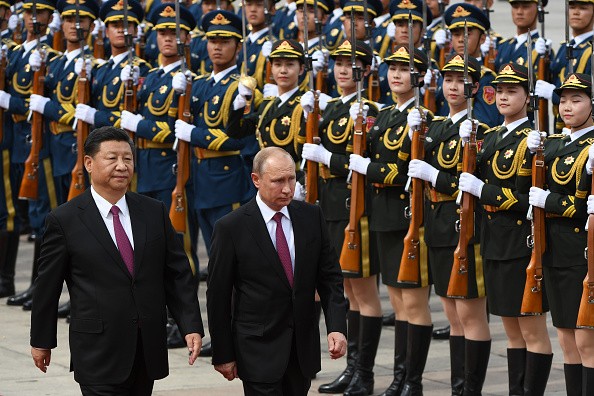
By Chinese President Xi Jinping's own declaration in 2022, "Taiwan is China's Taiwan...we will never promise to renounce the use of force, and we reserve the option of taking all measures necessary..." Likewise, U.S. military assessments indicate that the People's Liberation Army, or PLA, is on track to invade Taiwan by 2027 with major additions to its fighter aircraft, warships, and missile inventories. If having a stockpile of gold sufficient enough to sustain a war effort while under severe Western sanctions is key to its pulling the trigger, then China is rapidly approaching that point.
But just having a massive stockpile of gold wouldn't be useful if there was no one willing to buy or transact in it. And this is where China has been diligent in its study of the Western reaction to Russia's war in Ukraine. Countries like Russia and Iran are old hands at getting past the sanctions problem. Gold, oil, and other commodities are quite useful when bypassing such restrictions and there are always countries willing to turn a blind eye. The United Arab Emirates and Switzerland are two prime examples, both historically and now, particularly when it comes to sanctioned gold, and China is already thick as thieves with both.
Related article:Next Warren Buffett? 12-Year-Old South Korean Kid Gains 43% of Stocks
The content provided on MoneyTimes.com is for informational purposes only and is not intended as financial advice. Please consult with a professional financial advisor before making any investment decisions.

